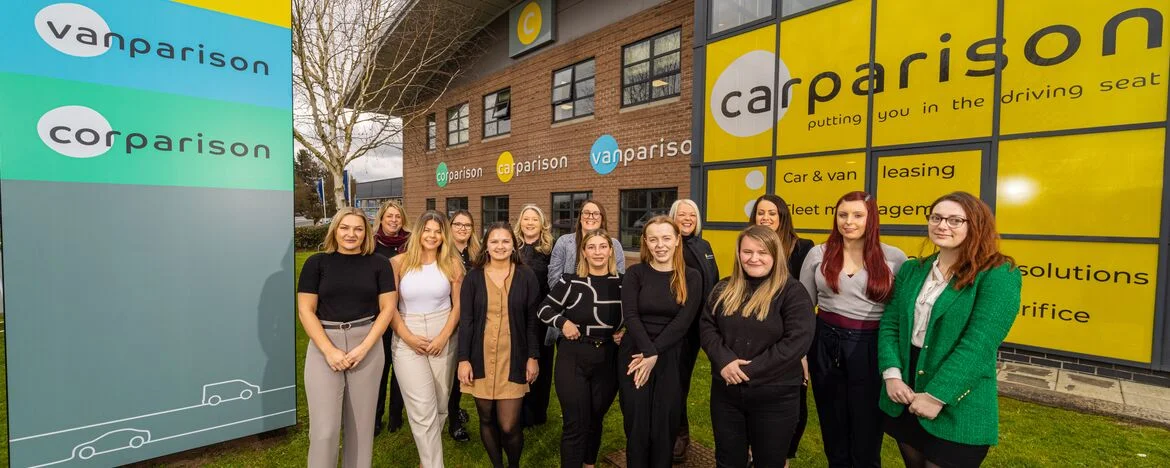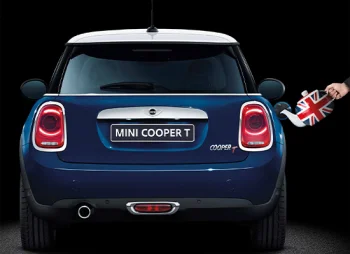The theme of International Women’s Day this year is inspiring inclusion.
But what does this mean for an industry that still has a reputation for being set in its ways?
To many, the car industry is still feared as a bit of an ‘old boys’ club.
When you think of popping down to your local dealership, you may picture that stereotypical ‘80s vibe; flashy wrist watches, ill-fitting suits and a lingering scent of cigar smoke coming from the boss’s office.
And the women – if there are any – are only there to provide tea and coffee, and maybe the punchline of an oily joke.
Or maybe that’s just me thinking of that 2008 Cold Case episode, The Dealer, centred (you guessed it) around a shady car dealership.
Yes, the lone female salesperson in the episode ends up dead.
And no, I’d never suggest that the bodies of women who work in the motor trade are in imminent danger of ending up stuffed into the locked boot of a car.
But the casual and pointed misogyny depicted in this fictional dealership has lingered in the mind for 16 years after this episode originally aired. Partly it’s because Cold Case was brilliant TV for those of us who love a good whodunit story.
But mostly it’s that this particular episode is just an exaggerated example of the attitude some people still expect to find in the motor trade – that it’s not somewhere women deserve to take up space.
Like every other industry, the world of cars and automobiles is one in which everyone deserves a seat at the table. But, rightly or wrongly, negative perceptions of the car world linger on.
So, as we think about International Women’s Day, it seems only fitting that the theme this year is to inspire inclusion.
But what does that mean for us?
And where does the industry need to start?









